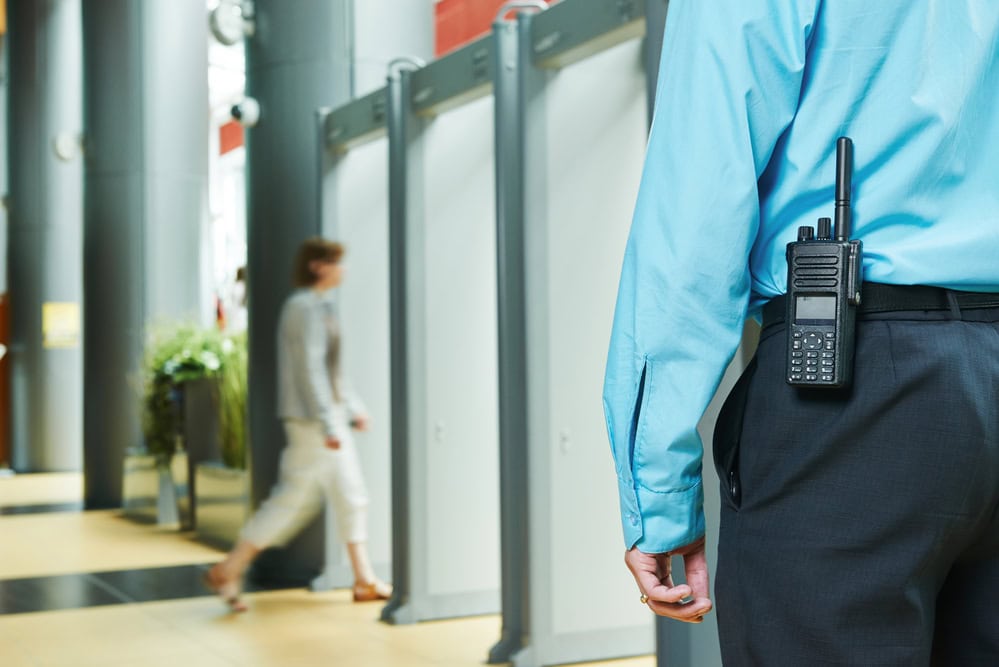Quarantine obligation with fine up to 10'000.- CHF
When employed persons travel to a high-risk country, they must follow the mandatory 10-day quarantine without compensation upon return. Business trips are exempt from this requirement. The regulations are reasonable for employers, according to the Swiss Employers' Association, and help prevent another lockdown.

As of July 6, Swiss citizens who have traveled to a risk country designated by the Federal Council must spend the first ten days after returning home in quarantine. With this, the Federal Office of Public Health prevent a second wave of coronavirus infections.
From View of the federal government an employee can be accused of fault if he/she goes to a risk area and has to enter the officially ordered quarantine on the return journey. In the case of such a self-inflicted prevention of work, the employee is not entitled to compensation. On the one hand, the continued payment of wages by the employer as regulated in the Swiss Code of Obligations does not apply. Secondly, according to the new Covid 19 Ordinance, the previous EO daily allowance no longer applies. The Swiss Employers' Association (SAV) recommends informing employees of the discontinuation of salary payment for the subsequent quarantine before traveling to a risk country.
Whoever evades a quarantine commits a violation according to Article 83 of the Epidemics Act, which is punishable by a fine (maximum CHF 10,000.-) (para. 1 let. h), in case of negligence by a fine of up to CHF 5,000.-. The cantons are responsible for prosecution.
(Source: EDI/BAG)
In the opinion of the SAV, business trips to a high-risk country should be undertaken with restraint. If such a trip is indispensable, the employer must assume continued payment of wages during the subsequent quarantine on the basis of his instructions to travel.
Whether the employer provides its workforce with a Journey to a country at risk can prohibit such travel must be decided on a case-by-case basis. It must be weighed up whether the employee's interest in the trip outweighs the employer's interest in having an employee who is fit for work after the vacation. If the employee concerned defies an instruction, the employer may issue a reprimand or a warning. Furthermore, the employee becomes liable for damages if the employer suffers a loss due to the breach of duty.
During the quarantine period, are you allowed to go out occasionally, take a walk, get fresh air, or run errands? No. The purpose of quarantine is to break the chain of transmission. Physical contact with others must be avoided. However, this does not mean that social contact is prohibited. Contact by phone or Skype is allowed.
(Source: EDI/BAG)
At first glance, the quarantine regulations will further complicate everyday business life. However, the new rules create the prerequisite for the business community to have a further regulated Step back to normality can do. Employers want to prevent a second lockdown, because it would have serious consequences for the national economy and society.
Text: Swiss Employers' Association
Further information and link tips from the FOPH & DFA, among others:
Quarantine obligation for travelers
As of July 6, 2020, quarantine is mandatory for people entering the country from certain areas. This was decided by the Federal Council on July 1, 2020. For persons who have been in a state or area with an increased risk of infection and enter Switzerland, quarantine is mandatory (this is not just a recommendation). The legal basis for this is the Epidemics Act. The list of states or areas with increased risk of infection can be found in the Covid-19 Regulation Measures in International Passenger Traffic. This List is updated regularly (as of 7/7/2020):
Argentina
Armenia
Azerbaijan
Bahrain
Belarus
Bolivia
Brazil
Cabo Verde
Chile
Dominican republic
Honduras
Iraq
Israel
Qatar
Colombia
Kosovo
Kuwait
Moldova
North Macedonia
Oman
Panama
Peru
Russia
Saudi Arabia
Sweden
Serbia
South Africa
Turks and Caicos Islands
United States of America (U.S.A.)









